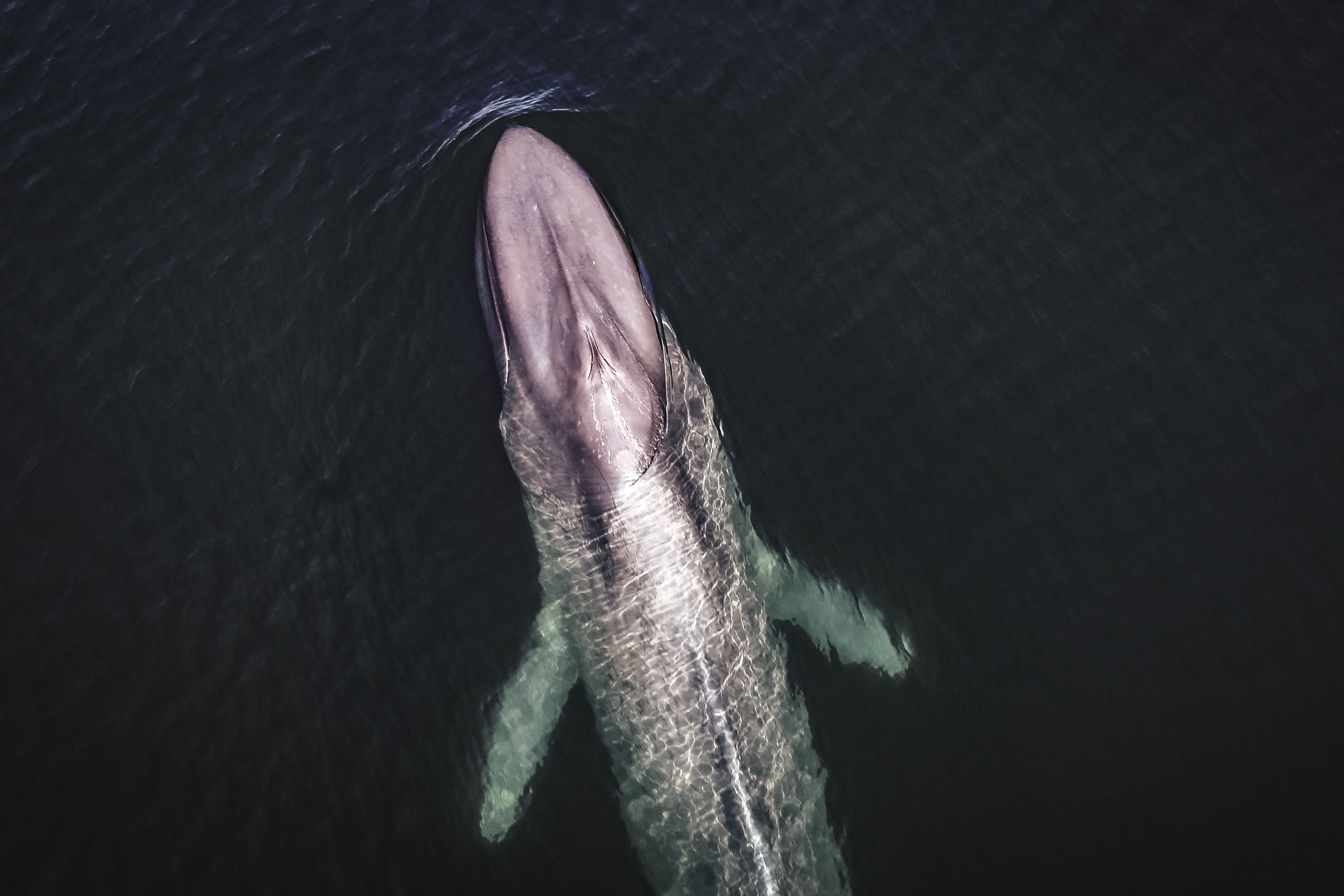nagoyasuzukiamerica.com – Whales, the magnificent giants of the ocean, play an essential role in maintaining the health and balance of marine ecosystems. Yet, these majestic creatures face numerous threats due to human activities. Whale conservation efforts are critical to ensuring their survival and the overall well-being of our oceans.
The Importance of Whales in Marine Ecosystems
Whales contribute significantly to the health of marine environments. They help regulate the food chain and support the growth of phytoplankton by releasing nutrients through their waste. Phytoplankton, in turn, produces a substantial amount of the Earth’s oxygen and absorbs carbon dioxide, making whales crucial in combating climate change.
Threats to Whale Populations
Several factors threaten whale populations worldwide:
- Commercial Whaling: Although banned in many parts of the world, illegal whaling still poses a significant threat to certain whale species.
- Bycatch: Whales often become unintended victims in fishing nets, leading to injuries or death.
- Climate Change: Rising ocean temperatures and acidification affect the availability of krill and other essential food sources for whales.
- Ship Strikes: Increasing maritime traffic results in more frequent and often fatal collisions with whales.
- Pollution: Plastic waste, oil spills, and other pollutants contaminate the oceans, affecting whale health.
Conservation Efforts and Strategies
Efforts to protect whales involve a combination of international cooperation, research, and public awareness:
- International Agreements: Treaties like the International Whaling Commission (IWC) work to regulate and monitor whale hunting and promote conservation efforts.
- Marine Protected Areas: Establishing protected zones in critical habitats helps safeguard whales from human activities.
- Research and Monitoring: Scientific studies provide valuable insights into whale populations, migration patterns, and the impacts of environmental changes.
- Public Awareness Campaigns: Educating the public about the importance of whale conservation fosters a sense of responsibility and encourages sustainable practices.
How You Can Help
Individuals can play a role in whale conservation by:
- Supporting organizations dedicated to marine conservation.
- Reducing plastic use to minimize ocean pollution.
- Advocating for policies that protect marine life.
- Participating in beach clean-ups and other conservation activities.
Conclusion
Whale conservation is vital for maintaining the health of our oceans and the planet. By understanding the threats whales face and supporting conservation efforts, we can help protect these ocean giants for future generations. Through collective action, we can ensure that whales continue to thrive in their natural habitats, contributing to the rich tapestry of marine life.
